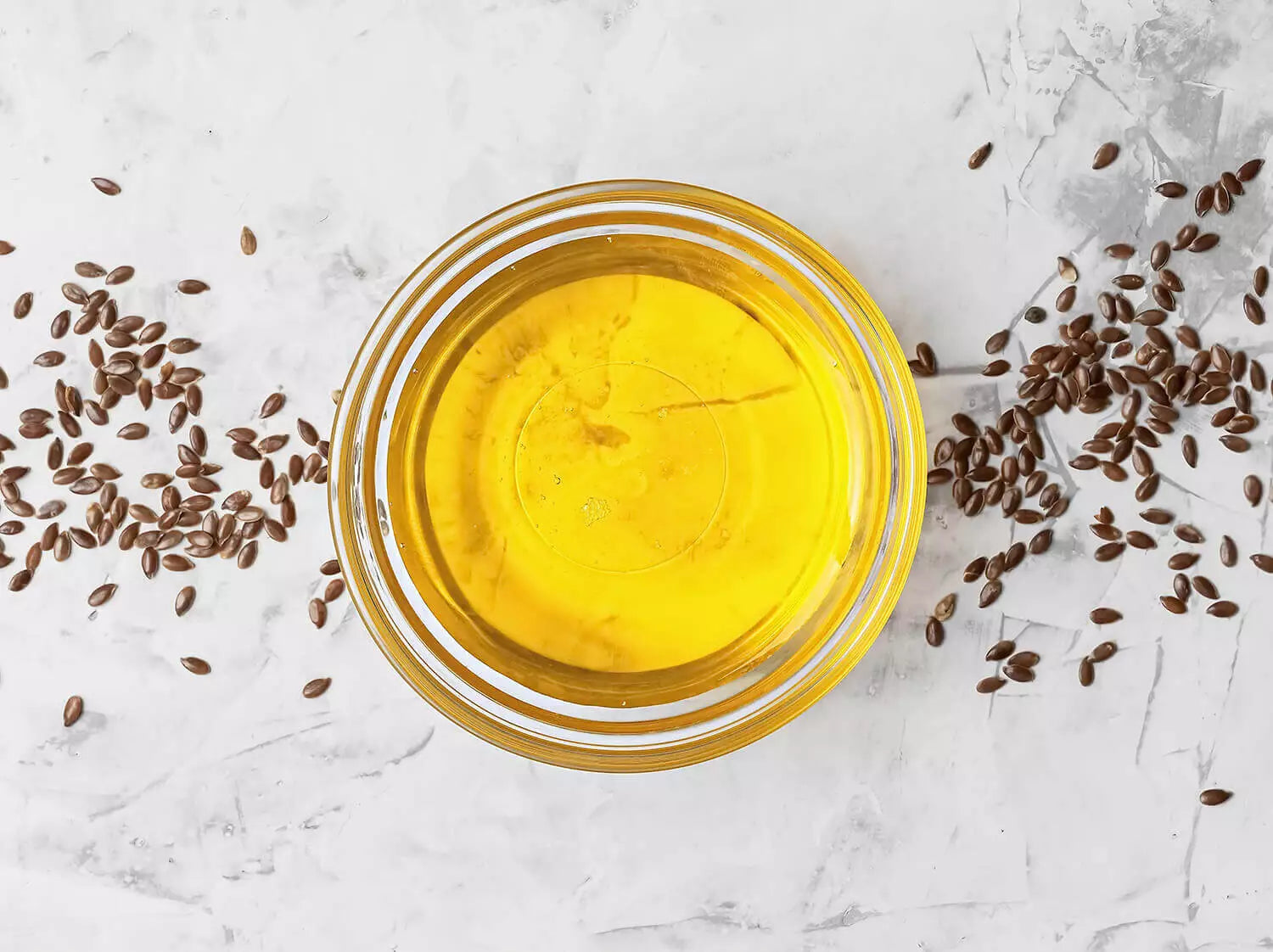Understanding Fats
Fats are organic molecules made up of carbon and hydrogen elements, linked together in long chains known as hydrocarbons. The arrangement of these molecules gives fats their unique properties. The molecular structure determines whether a fat is healthy or not. Fats come in three main types: saturated, unsaturated, and monounsaturated. Saturated fats are generally solid at room temperature and are commonly found in animal fats like butter, as well as oils like coconut, palm, and cocoa. These fats are "saturated" with hydrogen atoms, meaning each carbon atom is bound to two hydrogen atoms. Many diets are high in saturated fats but low in monounsaturated or polyunsaturated fats. Unsaturated fats have one or more double bonds between their carbon atoms and come in two forms: monounsaturated and polyunsaturated.

Why Fats Are Important in Our Diet
The fatty acids we consume are either used for energy, stored in fat tissue, or integrated into other tissues and organs. Our body has many tissues composed of fats; the most significant being the brain and the insulating material around our nervous system. Cell membranes are made of phospholipids, so the fats we eat affect how our cells communicate and interact. Consuming the right balance of fats helps maintain our overall health.
Many people are concerned about their fat intake and aim to limit it. However, it's essential to consume good-quality fats daily and to vary the types consumed. Our body needs a sufficient amount of fats for overall health, metabolism, immunity, hormone production, and nutrient absorption (such as vitamins A and D). Healthy fats also contribute to a feeling of fullness between meals. Numerous studies have shown that healthy fats can improve body composition, protect against heart disease, reduce signs of depression, slow cellular aging, and enhance cognitive function. They are also believed to help preserve cognitive functions, eye health, and even play a role in cancer prevention.

Daily Intake of Healthy Fats
It's essential to include healthy fats in our daily diet, primarily from plant sources that are rich in omegas (3, 6, 9), which help prevent inflammation. The key is to find a balanced ratio among these types of omegas. Some excellent sources of healthy fats to include in your daily diet are nuts; seeds like flax, hemp, and chia; fatty fish (prefer smaller fish like mackerel and sardines over larger ones like tuna or salmon, which may contain more mercury); algae; organic eggs; olives; avocados; coconut; and meat from grass-fed animals.
If you're looking to boost your immunity, fight inflammation, and slow cellular aging, you might consider supplementing your diet with omega capsules. Parantaga offers a liquid form of plant-based omegas 3, 6, and 9, which makes them easier to absorb. Check out their online store for more details. The OMEGA range from Parantaga provides essential plant-based omegas 3, 6, and 9, along with vitamins A, E, and D, to support your overall well-being, cardiovascular health, joint comfort, and mobility. This supplement is convenient to use; you can consume it on its own or mix it into your cooking or with other healthy fats like avocado and walnut oil. You can also enjoy it pure or blended into delicious smoothies.





